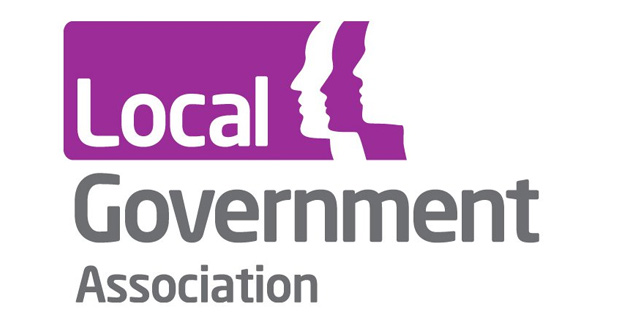LGA: Supporting Carers At Christmas
 Christmas is a time for caring and sharing, and unpaid carers across the country will be continuing to provide for their loved ones throughout the festive season. Unpaid carers are the backbone of our care system. Without these unsung heroes thousands of people wouldn’t be able to stay in their homes with their loved ones, and our health and social care system would collapse.
Christmas is a time for caring and sharing, and unpaid carers across the country will be continuing to provide for their loved ones throughout the festive season. Unpaid carers are the backbone of our care system. Without these unsung heroes thousands of people wouldn’t be able to stay in their homes with their loved ones, and our health and social care system would collapse.
That is why the LGA, which represents 370 councils in England and Wales, is today launching its new document ‘Supporting Carers: Guidance and Case Studies’ which we hope will assist councils to further improve the support carers receive, as well as highlight the great work that is already being done up and down the country to support carers locally in a range of different ways from respite breaks, to discount cards to tailored information and advice.
- Across Bournemouth, Poole and Dorset, local government and the NHS have worked together to launch a carers card to give people discounts and benefits at more than 200 local businesses. So far more than 7,000 carers have signed up to it.
- Kirklees Council is ensuring carers get a break by running a successful shared lives scheme. It sees families offer to care for people with disabilities, mental health problems or dementia when their family need respite care.
- The carers service in Hertfordshire is supporting carers dealing with the loss of their loved ones by running support groups and offering telephone support to help them rebuild their lives.
While people often want to take care of a loved one, and it can be a positive and rewarding experience, the pressures of being a carer can also place a burden on physical and mental health. Carers are more likely to suffer depression, anxiety and stress and nearly two-thirds of carers have a long-standing health condition.
The impact is often increased by carers being unable to find the time for medical check-ups or treatment. Personal relationships can also suffer and carers are more likely to be socially excluded.
One in 10 people in England are carers, with 1 in 4 providing over 50 hours of care a week. The estimated total monetary value of care provided by carers in England is £132 billion and has a significant impact on their health with 7 in 10 having suffered mental ill health and 6 in 10 physical ill health from caring.
Unpaid carers are not just adults. In England there are 166,363 young carers aged 18 and under, an increase of a fifth in the last decade. One in 12 young carers is caring for more than 15 hours a week and one in 20 will miss school because of their caring responsibilities.
Councils in England received 1.8 million new requests for adult social care in 2017/18 – the equivalent of more than 5,000 a day – but despite some helpful extra funding there is still a £3.5 billion funding gap facing adult social care by 2025 just to maintain existing standards of care.
Even though councils are facing tremendous pressures this publication demonstrates current examples of how councils support adult and young carers locally.
Cllr Ian Hudspeth, Chairman of the Community Wellbeing Board, said:
“The holidays are a time for seeing family and friends and taking a well-earned break, however this isn’t always possible for carers, many of whom are providing round the clock care.
“The LGA has launched ‘Supporting Carers: Guidance and Case Studies’ to highlight the amazing work carers do, provide guidance for councils on how they can do even more to support them and also show the brilliant work that is already being done by local authorities up and down the country.
“However, if we are to achieve our aspirations for all carers – whose support is increasingly important given the rise in those needing care – and fulfil the ambition and intent of the Care Act, government needs to plug the funding gap facing adult social care and support which is set to exceed £3.5 billion by 2025. The Government must also carefully consider the findings of the LGA’s green paper when it sets out its own plans to secure the longer-term future of care and support, not just of people who need care services, but those unpaid carers who need support services, too.
“Councils are committed to supporting the wellbeing of unpaid carers to help them continue the essential work they do, and what better time to highlight this amazing work and show our appreciation and support than at Christmas.”






